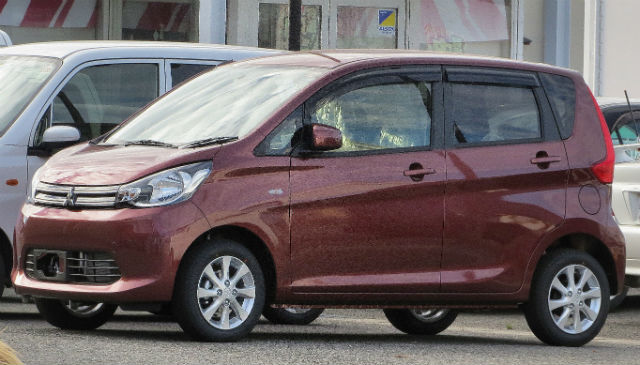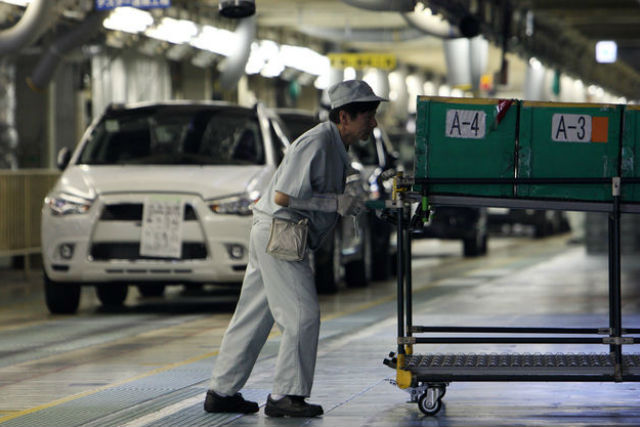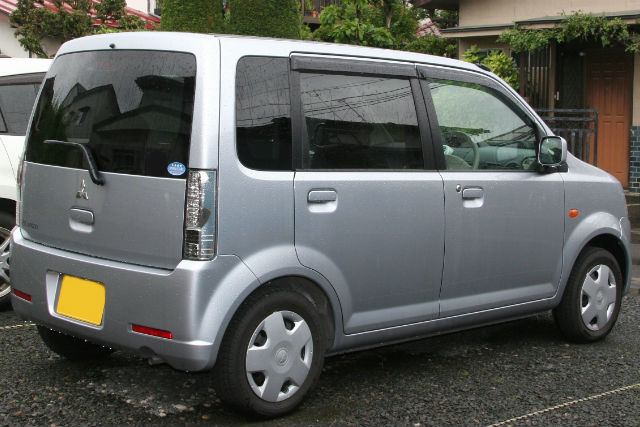Mitsubishi Motors’ office in Okazaki has been raided by Japanese authorities after it came to light that the carmaker had falsified fuel economy data on more than 600,000 of its vehicles.
The manufacturer admitted yesterday that employees altered emissions data to flatter the mileage rates on several hundred thousand of its compact ‘kei’ cars (also known as mini-cars) in the domestic Japanese market.
A spokesman for Japan’s government said that the matter was being treated as an “extremely serious case”, and that it had ordered Mitsubishi to submit a full report on the scandal.

"Extremely serious case"
Japan’s chief cabinet secretary, Yoshihide Suga, said: “Based on the raid, and a report from the company, we would like to reveal the extent of the inaccuracies as soon as possible.”
He added: “We will deal with the situation in a strict manner and would like to make sure of the safety of cars.”
The raided plant is Mitsubishi’s second largest facility in Japan and serves as both a manufacturing hub, as well as a facility for research and development.

More than 600,000 cars affected
157,000 of Mitsubishi’s cars were found to have had falsified emissions data, along with 468,000 cars that the company was producing on behalf of fellow Japanese manufacturer Nissan.
Yesterday, Mitsubishi's president Tetsuro Aikawa, said: “The wrongdoing was intentional. It is clear the falsification was done to make the mileage look better. But why they would resort to fraud to do this is still unclear.”
So far, the issue is only known to apply to the miniature kei cars in Japan, and it’s not believed that vehicles in markets outside of the country have been affected.

Mitsubishi shares tumble 15 per cent
However, shares in Mitsubishi fell by 15 per cent on Wednesday when the news of the falsified data emerged, and Mitsubishi shares have not been traded Thursday as no buyers could be found.
This marks the first time that a Japanese car manufacturer has admitted misconduct with fuel economy tests after the Volkswagen ‘dieselgate’ scandal broke last year.
Mitsubishi has struggled for nearly a decade to regain the trust of consumers after a defects scandal in the early 2000s, where it was found to have covered up problems with faulty clutches and brakes.



